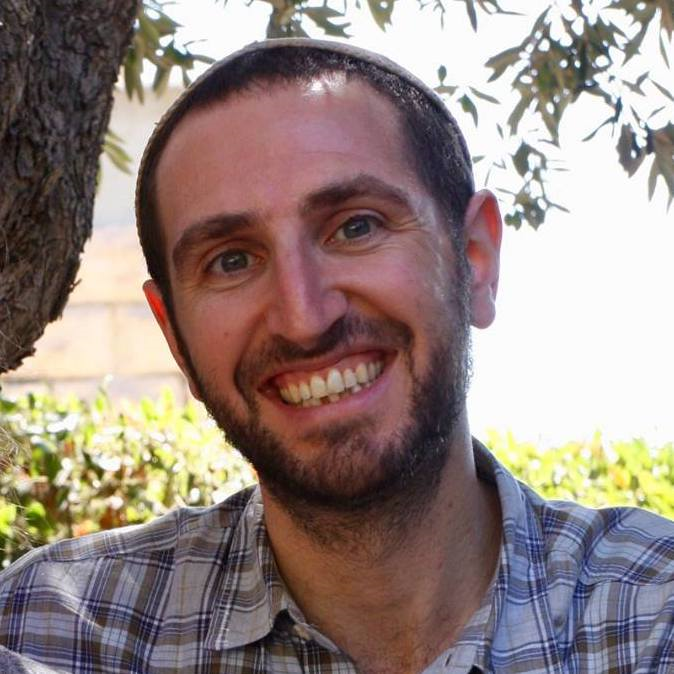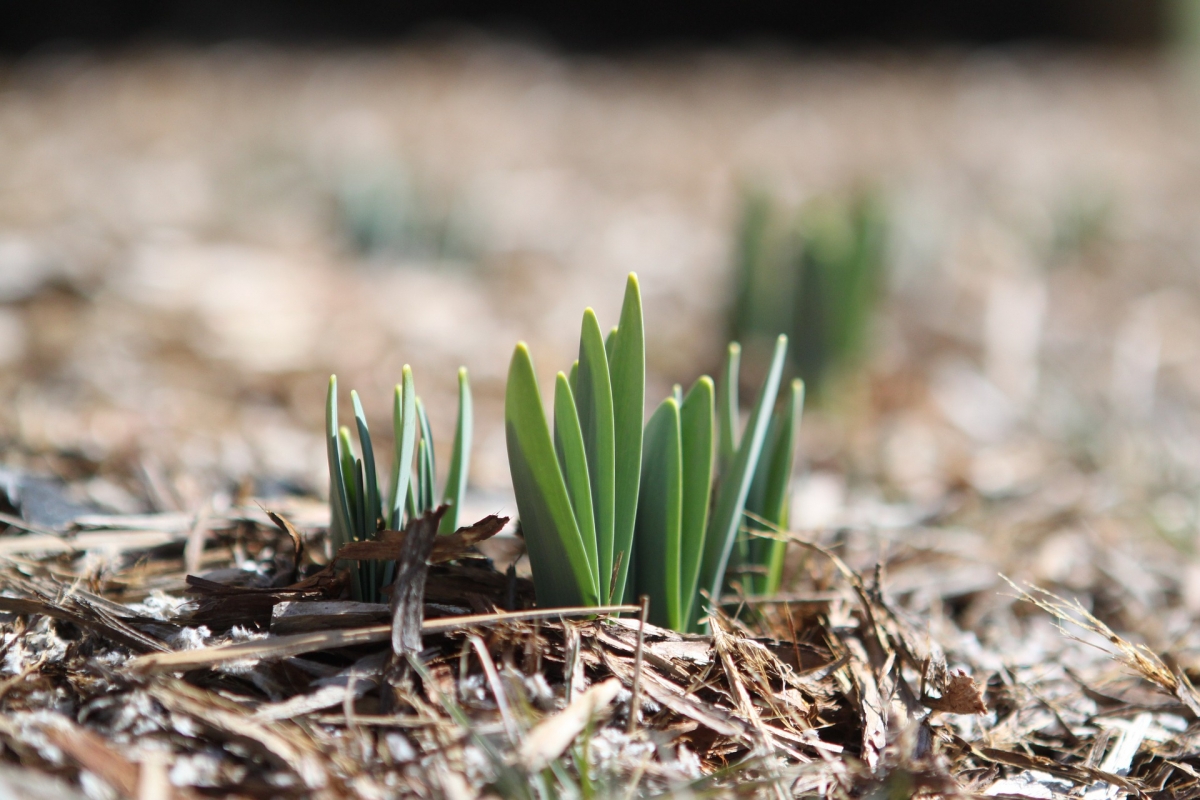Transcript: The great Chassidic master, Rabbi Yitzchak Levi of Berditchev, known as the Kedushat Levi, taught that we should strive to make our relationship with the divine more like that with a loving parent than like that with a king or sovereign. So let’s start with a king, and let’s work our way up to a relationship with a loving parent.
Let’s make ourselves comfortable, close our eyes, and imagine something that many of us may have never experienced with the real world: a relationship with someone who indeed embodies the qualities of “malkha,” a real king, or indeed a queen. Someone of great regal stature, of true royalty. And now imagine a sovereign of sovereigns, a king of kinds, a queen of queens, a person above that first ruler, an even greater royalty. Imagine ourselves before them. What would they look like? How would we feel and act to be in the presence of such a person?
And now imagine ourselves in front of what our ancient sages used to describe the divine mystery: the king of kings of kings, the sovereign of sovereigns of sovereigns. How do we experience the “ein sof,” the infinite one, in this context? How do we feel to be in front of them?
And now, bring to mind Rosh Hashanah. The day of accounting, the day when all of our deeds are remembered. What would it be like to be before the sovereign of sovereigns of sovereigns, the king of kings of kings, the queen of queens of queens, on this day. This day, when everything is remembered and recalled, everything we’ve ever done. What would we feel like? What do we feel like?
And now let’s transition to what the Kedushat Levi said was a higher state, a more desirable state: imagining the divine as our loving parent. Imagine that it’s Rosh Hashanah, day of all of our deeds being remembered, and their eyes looking at us, the eyes of one who sees only the best of us, who knows how hard we try, who knows our struggles, who knows that we often get it wrong, but who always knows that we’re really just doing our best.
How do we feel to be in the presence of a divine mystery, of a loving parent? Looking at us through those eyes of acceptance and love, compassion, forgiveness, what can we feel inside our bodies? May we carry this with us into Rosh Hashanah, into the New Year. May our greater love and acceptance of ourselves bring greater peace and awareness to our world..

Rabbi Daniel Raphael Silverstein is a rabbi, educator, meditation teacher and MC/poet. He lives in Israel with his family, where he directs Applied Jewish Spirituality, an online portal which makes the transformative spiritual wisdom of our tradition accessible to all who seek it (https://www.appliedjewishspirituality.org/). He is also a faculty member at Romemu Yeshiva and the Conservative Yeshiva. Daniel received semikha from YCT after graduating from the universities of Cambridge and Warwick. His recent teaching clients include My Jewish Learning, the Pardes Institute of Jewish Studies, Nishmat, IDC Herzliya and the Orthodox Union.
Daniel was born and raised in London, and he received a BA from the University of Cambridge and an MA from Warwick University. He spent three years in Israel, studying at Yeshivot Ein Tzurim, Shvilei HaTorah, and Maale Gilboa. Daniel has performed and facilitated all over the world as a spoken word artist, MC, and creative educator, and the Jewish Week selected him as one of their “36 Under 36” young innovators reshaping the Jewish community. Daniel is a cofounder of Lines of Faith, a Muslim-Jewish hip hop and poetry collective that uses performances and workshops to challenge prejudice, and build meaningful bonds between communities. He is an accredited teacher of Jewish Mindfulness Meditation and regularly teaches classes and retreats. He has served as Director of the Hillel Culanu Center for Jewish Life in Cambridge, UK and Director of Jewish Life and Learning for Hillel of Stanford University in Palo Alto, CA.











